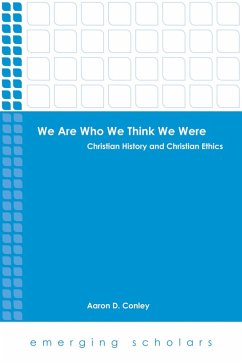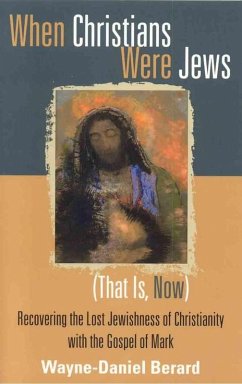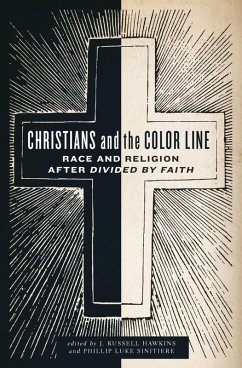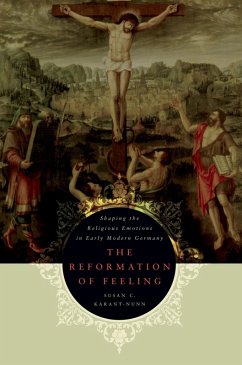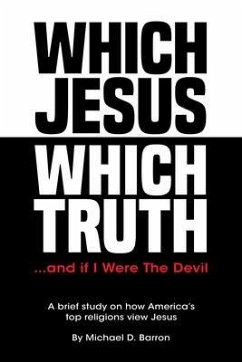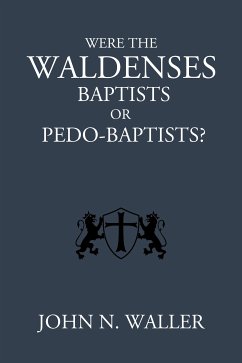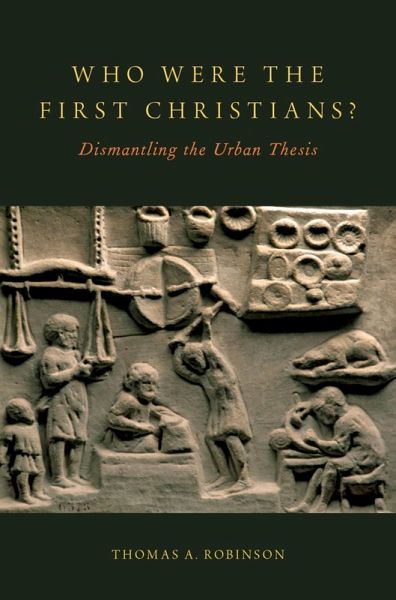
Who Were the First Christians? (eBook, ePUB)
Dismantling the Urban Thesis
Versandkostenfrei!
Sofort per Download lieferbar
37,95 €
inkl. MwSt.
Weitere Ausgaben:

PAYBACK Punkte
19 °P sammeln!
It has been widely assumed that there were 6 million Christians (or 10% of the population of the Roman Empire) by around the year 300. The largely-unexamined consensus view is also that Christianity was an urban movement until the conversion of Emperor Constantine. On close examination, it appears that these two popular views would nearly saturate every urban area of the entire Roman Empire with Christians, leaving no room for Jews or pagans. In Who Were the First Christians?, Thomas Robinson shows that scenario simply does not work. But where does the solution lie? Were there many fewer Chris...
It has been widely assumed that there were 6 million Christians (or 10% of the population of the Roman Empire) by around the year 300. The largely-unexamined consensus view is also that Christianity was an urban movement until the conversion of Emperor Constantine. On close examination, it appears that these two popular views would nearly saturate every urban area of the entire Roman Empire with Christians, leaving no room for Jews or pagans. In Who Were the First Christians?, Thomas Robinson shows that scenario simply does not work. But where does the solution lie? Were there many fewer Christians in the Roman world than we have thought? Was the Roman world much more urbanized? Or, is the urban thesis defective, so that the neglected countryside must now be considered in any reconstruction of early Christian growth? Further, what was the makeup of the typical Christian congregation? Was it a lower-class movement? Or was it a movement of the upwardly mobile middle-class? Arguing that more attention needs to be given to the countryside and to the considerable contingent of the marginal and the rustic within urban populations, this revisionist work argues persuasively that the urban thesis should be dismantled or profoundly revised and the growth and the complexion of the early Christian movement seen in a substantially different light.
Dieser Download kann aus rechtlichen Gründen nur mit Rechnungsadresse in A, B, BG, CY, CZ, D, DK, EW, E, FIN, F, GR, HR, H, IRL, I, LT, L, LR, M, NL, PL, P, R, S, SLO, SK ausgeliefert werden.




